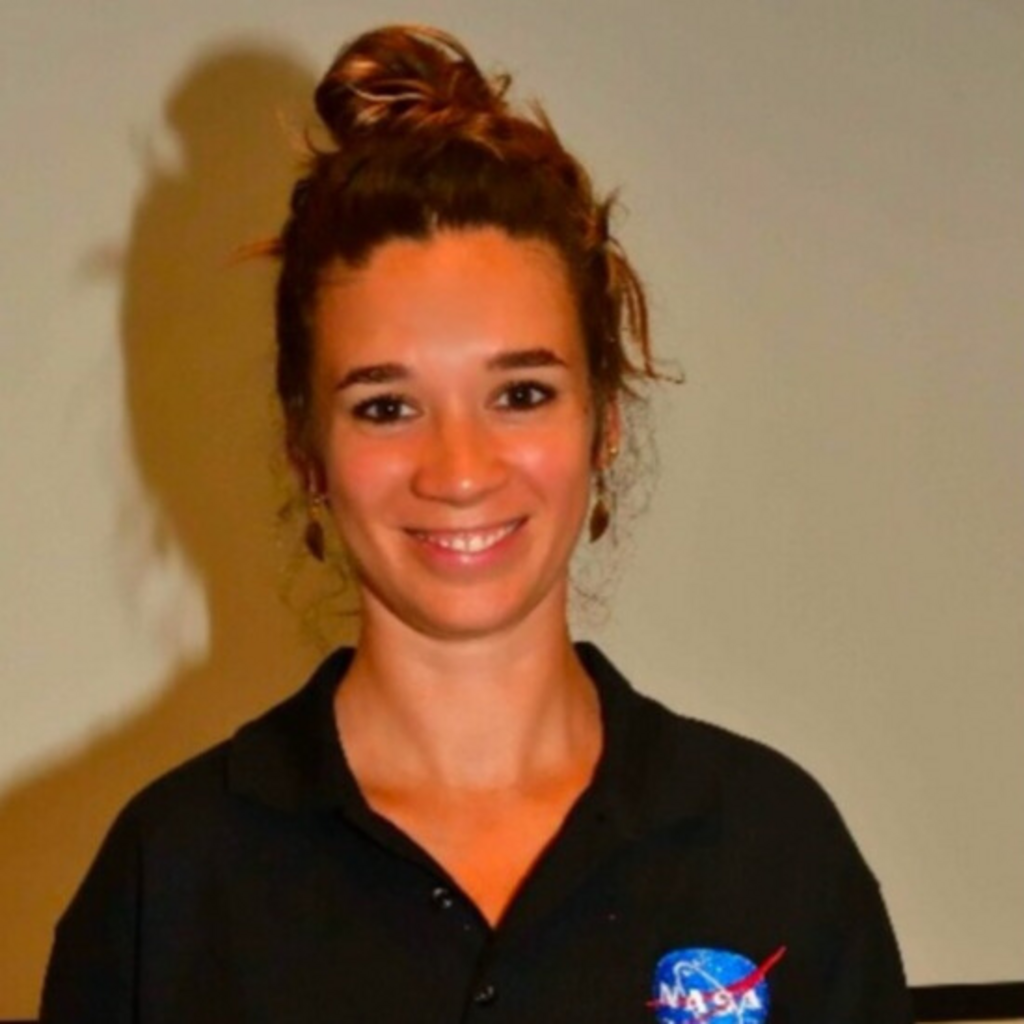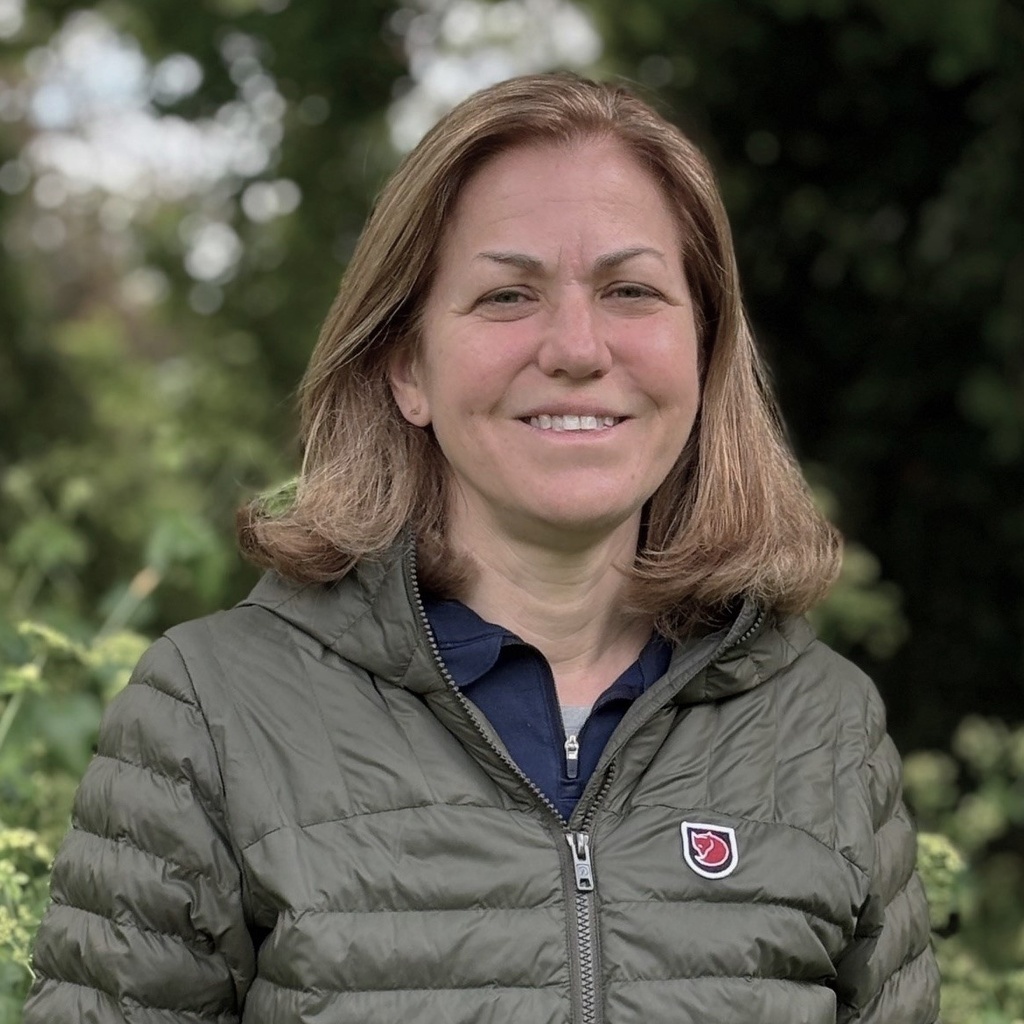Main navigation
Geographic information science (GIScience) is an interdisciplinary field that develops and applies innovative methods and technologies—such as spatiotemporal statistics, analysis and modeling, geospatial data science, GeoAI, geovisualization, remote sensing, and field data collection—to examine how and why phenomena (e.g., landscapes, wildlife, humans, diseases) vary and move across geographic space and time.
By integrating data from multiple sources through geographic location, addressing the analytical and modeling challenges inherent in these complex patterns and processes, and providing spatial decision support, GIScience helps us understand how landscapes evolve under changing climates, explore geological processes shaping planetary surfaces, evaluate physical and social vulnerabilities to natural hazards, and anticipate the movement of people, diseases, and commodities. Faculty at the School of Earth, Environment, and Sustainability integrate GIScience with social and natural sciences to tackle societal and sustainability challenges in areas such as human mobility, environmental health, biodiversity, as well as space exploration.
Geographic information science, modeling, and remote sensing faculty

Dave Bennett

Margaret Carrel

Matt Dannenberg

Caglar Koylu

Marc Linderman

Susan Meerdink

Valerie Payré
